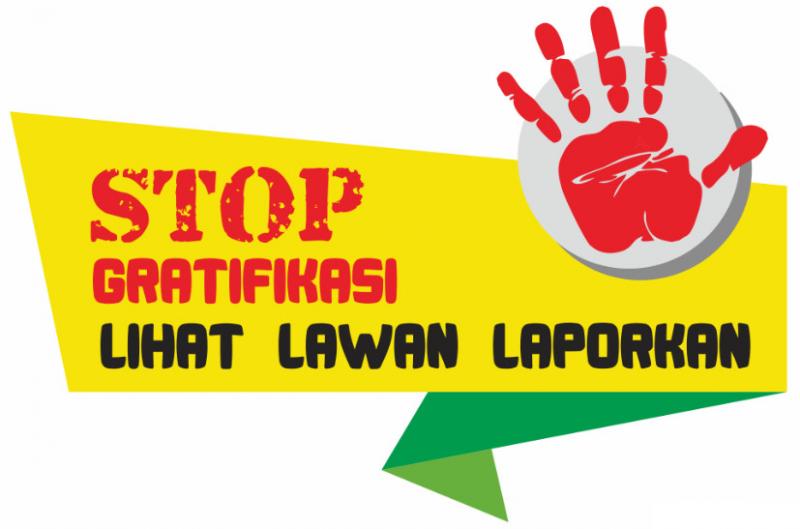“THE REAL ME” IN ARCHIVES: UNRAVELLING THE PERSONAL ARCHIVES OF HAZEU
DOI:
https://doi.org/10.46836/jk.v12i1.10Keywords:
Garut Incident, Hazeu, Personal Archives, Adviser, Office of Native AffairsAbstract
Godard Aren Johannes Hazeu (Penasehat Kantor Urusan Masyarakat Pribumi) merupakan salah satu penasehat yang memiliki peran penting di masa awal pemerintah kolonial Belanda. Hazeu juga dikenal sebagai seorang penasehat Belanda yang kontroversial. Hal ini dikarenakan beberapa nasehatnya dinilai terlalu subjektif dan memihak kaum pribumi. Salah satu kasus kontroversial yang pernah ditangani oleh Hazeu adalah peristiwa Garut. Ketika Garut bergejolak pada tahun 1919, Hazeu diperintahkan oleh pemerintah Belanda untuk menginvestigasi peristiwa tersebut. Namun, laporan investigasi Hazeu ditentang karena dinilai terlalu subyektif oleh pemerintah. Bahkan pemerintah menyalahkan Hazeu sehingga pada akhirnya Hazeu harus mengundurkan diri dari posisinya dikarenakan hal tersebut. Semua laporan investisgasi dan korespondensi Hazeu kepada para pejabat pemerintah tentang Garut tersimpan lengkap di arsip personal Hazeu. Bagaimana Hazeu merekam, menyimpan, dan menampilkan peristiwa Garut dalam arsip personalnya? Inilah pertanyaan penelitian yang akan dibahas dalam tulisan ini. Penelitian ini dilakukan dengan metode kualitatif dengan menggunakan studi kepustakaan dan kearsipan berdasarkan teori kearsipan yang disampaikan oleh Catherine Hobbs bahwa arsip personal tidak hanya merekam tentang kehidupan personal penciptanya sebagai seorang individu, akan tetapi arsip personal juga menyimpan konstruksi persepsi dan pemikiran penciptanya terhadap orang lain yang berhubungan dengannya. Hasil penelitian menunjukkan bahwa arsip personal Hazeu menyimpan tak hanya tentang rekaman dan informasi secara detail tetang peristiwa Garut, akan tetapi juga menampilkan sisi personal dan persepsinya mengenai kasus Garut. Dalam arsipnya, Hazeu menunjukkan rasa tidak setuju atas sikap pemerintah mengenai kasus Garut dan meyakinkan pembaca bahwa dirinya tidak bersalah dalam kasus Garut.
Godard Aren Johannes Hazeu (Advisor of Office of Native Affairs) was one of the most important advisors in the colonial government. He was also well known as the most controversial advisor because many of his advices were considered as being too subjective and to be in favor with the natives. One of the most controversial cases of Hazeu was the Garut affairs. When Garut was in tension in 1919, he was assigned to investigate the affairs by the government. However, his report of investigation was banned because the government concluded that it was too subjective. Hazeu was even blamed by the colonial government that in the end, Hazeu had to give up his position because of the case. All of his reports, correspondences to the high officers and notes were completely recorded in the personal archives of Hazeu. How did Hazeu record, keep and picture the Garut affairs in his personal archives? This is the research question which is going to be discussed in the article. The article investigates Garut affairs based on the records which are kept in the personal archives of Godard Aren Johannes Hazeu. This is a qualitative research by using literature and archival reviews which is based on the argument of Catherine Hobbs that personal archives do not only record the personal, private, inner life of the creator as an individual, but also there is a construction of perceptions and thoughts of the creators towards others. (Hobbs, 2001: 128-129). The result of this research shows that the personal archives of Hazeu keep not only the records and detail information on Garut affairs, but also show his personal point of view and his perceptions on Garut affairs. In his personal archives, Hazeu showed his disagreement to the government in dealing with Garut affairs and convinced the readers that he was not guilty in the affairs.
References
De Sumatra Post, “Het Gebeurde te Leles”, no. 68, July 16, 1919
Handelingen van den Volksraad, 1919, Ie GZ
Hazeu Collectie H1083. Inv. Nr. 36: Soerabajaasch Handelsblad, July 28, 1919
____. Bataviaasch Nieuwsblad, August 5, 1919
____. Soerabaasch Handelsblad, January 27, 1920
____. Letter Wignyadisastra to Hazeu on August 18, 1919
____. De Locomotief, July 30, 1919
____. Hazeu letter to Governor General, August 29, 1919
____. Letter of Director of Binnenlandsch Bestuur to Governor General on November 10, 1919
____. Neratja July 9, July 14, August 11, 1919
Het Nieuws van Den Dag. “Derde Blad and Vierde Blad, Najaarszitting van den Volksraad”, 25 November 1919 no. 275
Preanger Bode, “Het Rapport Hazeu”, 18 November 1919, no. 317
Regeringsalmanak van Nederlandsch Indie, 1907.
Secondary Sources
Cox, Richard J. 2014. Personal Archives and a New Archival Calling, Readings, Reflections and Ruminations, Duluth: Litwins Books
Guide and Concordance to Papers of Colonial Advisers on Politics, Culture and Religion in the Netherlands Indies, c. 1895-1949 Part 1. 2009. Papers of Godard Arend Johannes Hazeu (1870-1929), period 1895-1929, Leiden: KITLV
Harris, Verne. 2002. “The Archival Sliver: Power, Memory, and Archives in South Africa”, Archival Science 2
Hobbs, Chaterine. 2001. “Personal Archives the Character of Personal Archives: Reflections on the Value of the Records of Individuals”. Journal of Archivaria, no. 1 (52)
de Hoop, L. 1992. “DR. GAJ Hazeu, Ethicist and Educational Reformer: A Case Study of Educational Politics in the Netherlands East Indies (1906-1920)”, PhD Thesis, Leiden University
Ketelaar, Eric. 2005. “Recordkeeping and Societal power” in Sue McKemmish et al. (eds) Archives, recordkeeping in Society, Wagga-Wagga
Kumar, Ann. 1990. “Book Review on Politik Islam Hindia Belanda: Het Kantoor voor Inlandsche Zaken, By Aqib Suminto. Jakarta: LP3ES. 1985”, In Journal of Southeast Asian Studies XXI, I
Laffan, Michael. 2011. The Making of Indonesian Islam: Orientalism and the Narration of A Sufi Past, New Jersey: Princeton University Press
Steenbrink, Karel, 1993, Dutch Colonialism and Indonesian Islam: Contact and Conflicts 1596-1950, translated by Jan Steenbrink and Henry Jansen, Amsterdam-Atlanta: Rodopi B.V
Suminto, Aqib. 1985. Politik Islam Hindia Belanda: Het Kantoor voor Inlansche Zaken, Jakarta: LP3S
Web Page
Stoler, Ann Laura. “In Cold Blood”: Hierarchies of Credibility and The Politics of Colonial Narratives Representations No. 37, 151-189 diambil kembali dari www.jstor.org/stable/2928658
Quotes About Archives. (Online). From http://www.goodreads.com/quotes/tag/archives
Quotes. (Online). From https://www.pinterest.com/pin/244038873530457517/
Georgia State University. Archival Research: Why Archival Research.. (Online). From http://research.library.gsu.edu/archivalresearch
USC Libraries. Organizing Your Social Science Research Paper: 6. The Methodology. (Online). From http://libguides.usc.edu/writingguide/methodology
Family Health International. Qualitative Research Methods: A Data Collector’s Field Guide. (Online). From http://www.ccs.neu.edu/course/is4800sp12/resources/qualmethods.pdf
www.delpher.nl












